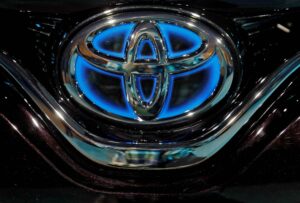Menu
- Daily
DTI Releases Updated 2025 Price Guide for School Supplies Ahead of New School Year
affordable school supplies PH, back-to-school prices Philippines, cheap school supply guide 2025, Cristina Roque DTI update, DTI consumer tips, DTI official school supply prices, DTI price watch June 2025, DTI school supplies price guide 2025, Featured, notebook pad paper pencil price 2025, school opening June Philippines - National
DTI Releases Updated 2025 Price Guide for School Supplies Ahead of New School Year
affordable school supplies PH, back-to-school prices Philippines, cheap school supply guide 2025, Cristina Roque DTI update, DTI consumer tips, DTI official school supply prices, DTI price watch June 2025, DTI school supplies price guide 2025, Featured, notebook pad paper pencil price 2025, school opening June Philippines - International
Hotel101 to Develop 10,000 Affordable Rooms in Saudi Arabia Under $2.5B Expansion Deal
affordable hotel chain Saudi Arabia, DoubleDragon hotel project, DoubleDragon Nasdaq listing, Edgar Injap Sia II Hotel101, Featured, global condotel model, Hannah Yulo-Luccini, Hotel101 Horizon Group partnership, Hotel101 Medina Riyadh Jeddah, Hotel101 Saudi Arabia expansion, Vision 2030 tourism SaudiTrump Praises ‘Total Reset’ in Geneva Talks with China Amid Trade War De-escalation
China 125% retaliation, Featured, Geneva trade talks Trump He Lifeng, Geneva US-China breakthrough, global trade war de-escalation, Trump 145% tariff policy, Trump China trade reset 2025, Trump Truth Social China, US tariffs rollback update, US-China economic negotiations 2025, WTO response US China talks - Editorial
- Next Negosyante
- Crypto News





















Comments are closed for this article!